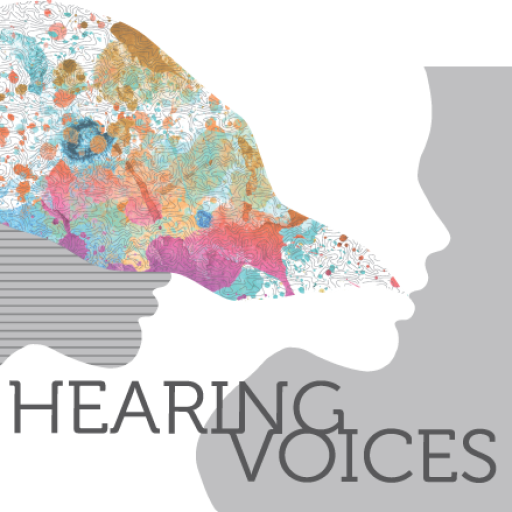It is tempting to think that hearing voices is rare – something that is either a distressing symptom of mental illness or a source of divine or creative inspiration. But voice-hearing experiences are much more common and can be much more commonplace than many people think. Have you ever thought that you heard someone call your name, only to find no-one there? Or heard talking as you drift off to sleep?
There are many life events in which voice-hearing can play a part. Children often experience voices in the form of imaginary friends. Hearing or seeing a dead loved one or spouse is a common reaction to bereavement. Extreme physical conditions, prolonged periods of isolation, and sensory deprivation can also trigger voices. Many people have reported hearing voices that were a source of encouragement, company, comfort, and support.
%
Up to 10% of children hear voices or have other unusual experiences
%
5-15% of adults have occasional or fleeting experiences of hearing voices
%
1% of people have frequent voice-hearing experiences and no need for psychiatric care
Roughly 1 in 10 children hear voices and many more have imaginary friends. These experiences are not in themselves a sign of future psychosis or mental ill health.
Some psychologists believe that imaginary companions are created by children as a way of making sense of strange or unusual, hallucination-like experiences. They can help children learn about the distinction between fantasy and reality, practice social roles and develop a sense of self. Imaginary friends are generally linked to positive developmental outcomes, and may also provide a foretaste of creative abilities later in life.
Although imaginary friends tend to disappear in later childhood, they have been reported in adolescence and can even be present in adulthood.
Research strongly points towards a ‘continuum’ model of voice-hearing. In this, the phenomenon exists on the end of a spectrum that includes everyday happenings such as vivid inner speech, day dreaming, and intrusive thoughts. We all have the capacity for hearing voices, although some people are more likely than others to develop distressing experiences.
Voices, visions and other unusual experiences can occur in lots of different situations in normal life. Disturbed or disrupted sleep and bereavement are some of the most familiar examples.
A 1993 study of 50 recently bereaved people in Sweden found that 30% of participants were hearing the voice of their deceased spouse one month after death; 6% were still hearing them 12 months later. Higher rates have been found in Japan, a culture in which religious rituals traditionally emphasize ties with the departed.
Do you talk to yourself, either out loud or in your head? Or, have you ever felt that you are in the company of someone or something even if you cannot hear or see them? As well as being a common part of human experience, inner speech and ‘felt presence’ have a science behind them. There are also lots of people who have experiences of voice-hearing without the need for psychiatric or other medical care.
Watch the Prezis and listen to the podcasts to find out more about these experiences and what is happening in the brain when they occur. The podcast on the Science of Voices features Charles Fernyhough, Ben Alderson-Day, Sam Wilkinson and Peter Moseley and was produced by Andrea Rangecroft specifically for Hearing Voices: suffering, inspiration and the everyday.
More information can be found in the articles below. All are written by Hearing the Voice researchers and available to read freely online.
Ben Alderson-Day, ‘Do you hear voices? You are not alone‘, The Guardian, August 2014.
Ben Alderson-Day, ‘Voice-hearing in the healthy population: Two new studies‘, Hearing the Voice blog, March 2015.
Ben Alderson-Day,’The Silent Companions‘, The Psychologist, April 2016.
Charles Fernyhough, ‘What kind of people hear voices?‘, Psychology Today, June 2014.
Peter Moseley, ‘Talking to ourselves: The science of the little voice in your head‘, The Guardian, August 2014.
Audio
The extracts below explore the different situations and circumstances in which everyday people hear voices.
Listen to the podcasts to find out more.
